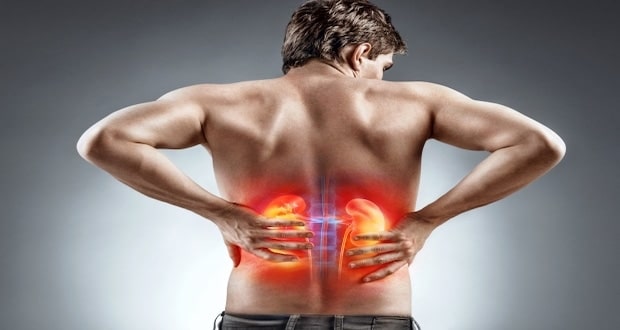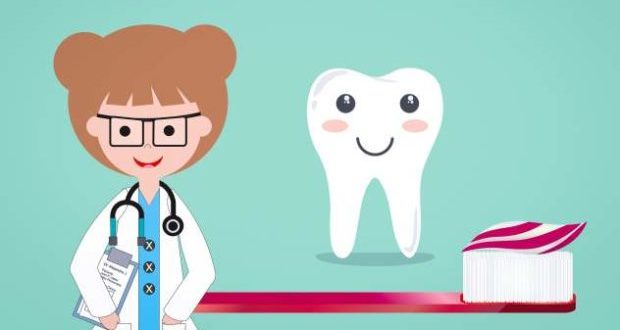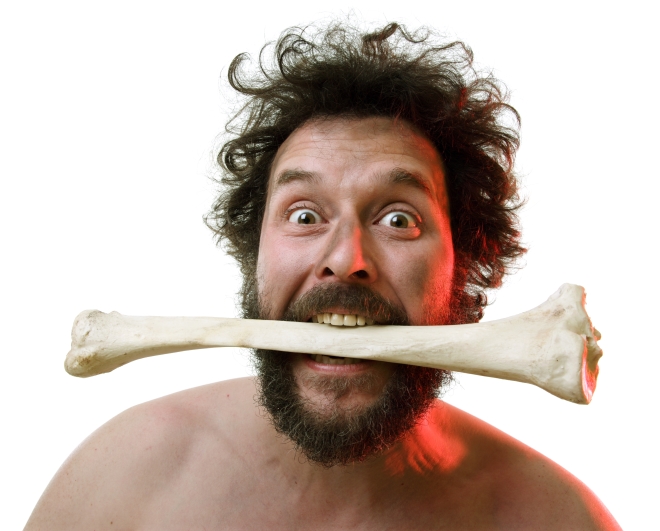Avoiding Five Common Kidney Stone Risk Factors
I once heard a kidney stone is the only thing a man could experience that would come close to the pain of childbirth. Is it?
There’s no great answer considering that no two people or kidney stones are the same. Kidney stones are calcified masses that develop in your kidney. They can be as small as a grain of sand and can grow up to several inches wide.
Some kidney stones just need to be passed, “just” entailing an excruciating wait until the stone follows the natural course out of the body. Others get stuck and require an operation to be removed.
Some options include blasting the stone with a shock wave or using a tiny scope to locate and break the stone. Seeing as none of those options sound appealing, prevention is key.
There are some definite kidney stone risk factors that lead to vastly increased chances of developing stones. Here are some of the most common along with suggestions, obvious they may be, to avoid them.
Hydration Issues
Dehydration is an easy way to develop kidney stones. The less water is in your body, the less urine you produce, allowing the little guys to form. Once they do, let the games begin.
Solution: Drink water. The solution your mom gave for every conceivable health problem when you were growing up.
By drinking more water you’re allowing your healthier body to carry out its normal functions. The more water you put in your body means the more water that will eventually leave.
The water leaving your body will help produce more urine and make it harder for the mass to form.
Climate
This one seems a little unfair as you can’t control the weather. It’s important to note, living in hot or dry climates can contribute to dehydration causing your body to develop kidney stones.
Solution: Move somewhere cold? Seeing as we can’t relocate everyone who lives in Arizona and New Mexico, the easiest solution is to stay hydrated. Consistently drink lots of water.
Diet
Eating a diet too high in sodium is asking for trouble on multiple fronts. Our body’s require sodium, but excess sodium consumption can cause many problems.
Eating a sodium-filled diet causes an excess of calcium to end up in your urine. The presence of all that calcium is a perfect place for kidney stones to form.
Solution: Sodium and calcium are necessary for a healthy body. The trick is limiting the amount that is consumed.
The ideal sodium intake is between 1,500 and 2,300 mg daily, and adult calcium intake should be limited to 1,000 – 1,200 mg a day depending on age and gender.
Body Weight
Those with higher body weight are more susceptible to kidney stones. While the reason behind the link is not clearly established, those with higher body weight show a higher resistance to insulin, leading to a higher concentration of uric acid and other minerals in the urine.
Solution: It’s been a while since I’ve talked to a person who didn’t want to lose weight. Of course, it’s a lot easier to want it than to do it.
The great thing is the solution for this particular risk factor is essentially a combination of the other solutions, including diet and exercise.
Exercise/Activity
Exercise should not be confused with being overweight. Any person, at any time, is at risk of having kidney stones. Even someone who has a healthy BMI is at risk, so the key is for everyone to get out and be active. The lack of exercise is all around not good for your body, so this should not be a surprise.
Solution: Exercise! Even a little is none. Studies show even just a few hours a week can greatly reduce the likelihood of having stones form.
Many people struggle to get out and exercise, but just as many aspects of your health are negatively impacted by a lack of exercise, exercising will increase your overall health.
It’s important to remember doing these things doesn’t give you immunity from having kidney stones. All of the solutions mentioned here can help reduce the likelihood of getting stones but are not cure-alls.
The best way to prevent kidney stone occurrences is to implement a balance of these suggestions and other healthy living practices. As Benjamin Franklin said, “An ounce of prevention is worth a pound of cure.”
Taking care of your mental health is an important part of being healthy and fit. There are a number of things you can do to help improve your mental health.
It’s important you know what these things are so you can use them to improve your overall health.






